
Washing the hands before dinner is something that every kid is told to do and it is one of the first hygiene habits that every person acquires. It is, of course, important to look tidy at the table, but the mother’s constant insisting on clean hands does, in fact, have a sound medical relevance.
Importance of clean hands
The scientists today are aware that as much as 99% of all germs can be eliminated from hands by simple washing, and this greatly reduces the chance of getting sick, especially during the flu season. Many viruses are spread through direct and indirect contact. Indirect contact means touching an object on which tiny droplets have landed after an infected person sneezed or coughed. Those droplets, carrying the virus, are then further spread when the hand is brought to the nose or mouth. Objects that commonly contain viruses that can spread the infection are common ones, like door knobs, pens, a keyboard or a computer mouse, telephones, and many, many more.
Many people touch their face, nose and mouth automatically, without being aware of it. This is why it is important to wash hands frequently because it is the only efficient way to prevent getting in touch with bacteria and viruses.
Children are particularly susceptible to infections, especially viral ones, because they spend a lot of time in closed environment with many other people, like kindergarten and school. For this reason, children should develop the habit of washing hands frequently and properly.
How to wash hands properly
Today many manufacturers offer antibacterial soaps and their sales are increasing with the raised awareness of bacteria and viruses that lurk around. However, if proper washing techniques are adopted, an ordinary hand soap will work just as fine. Liquid soaps are today preferred over solid ones.
The water used for washing should be warm, if not hot, because high temperatures kill germs. Of course, it should not be scalding.
The soap is used to make a rich lather, that should be worked for at least 15 seconds. Health workers wash their hands for 30 seconds, or as long as it takes to sing Twinkle, Twinkle, Little Star.
While washing the hands, it is important to clean all their parts. This includes palms, backs, fingertips, fingernails, thumbs, spaces between fingers, and wrists. It has been estimated that many people neglect thumbs and wrists, which are just as dirty as other parts of the hand.
After rinsing the lather thoroughly, the hands should be dried using a clean towel. Towels should be changed daily and they should always be dry. In public bathrooms it is recommended to use fresh paper towels or air-driers instead of cotton towels.
Also, it is important not to touch anything in the public bathrooms after washing the hands. This means that faucets should be closed using elbows or paper towels, and the same goes for door knobs.



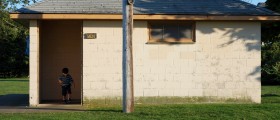
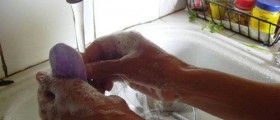
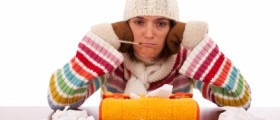
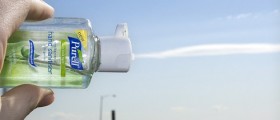

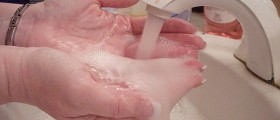
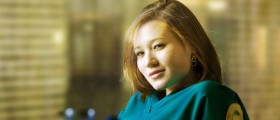
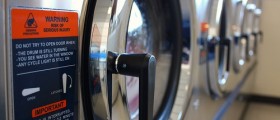
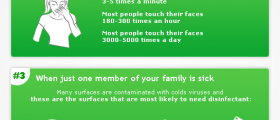
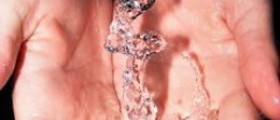
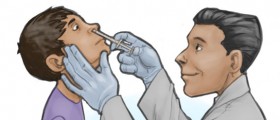

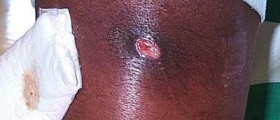

Your thoughts on this
Loading...